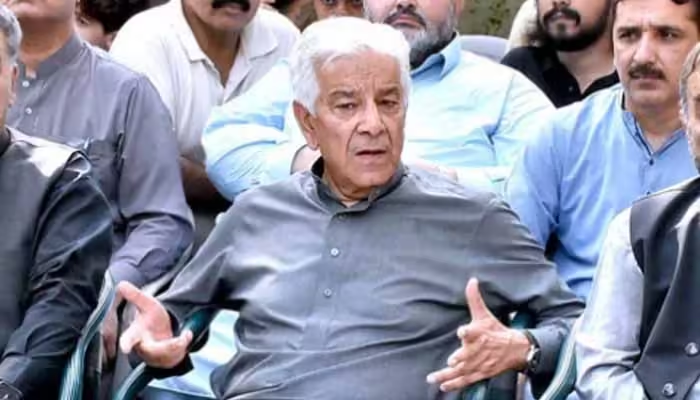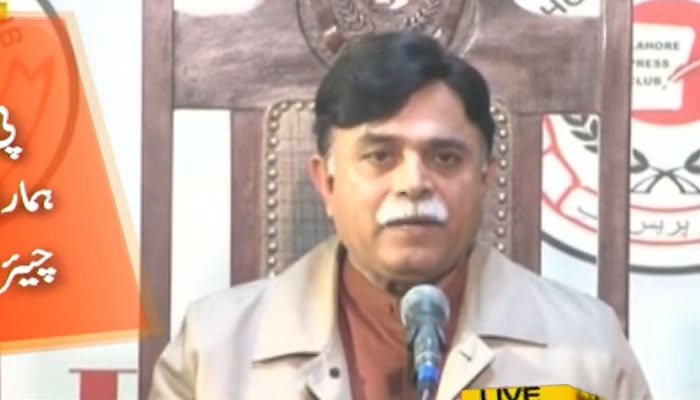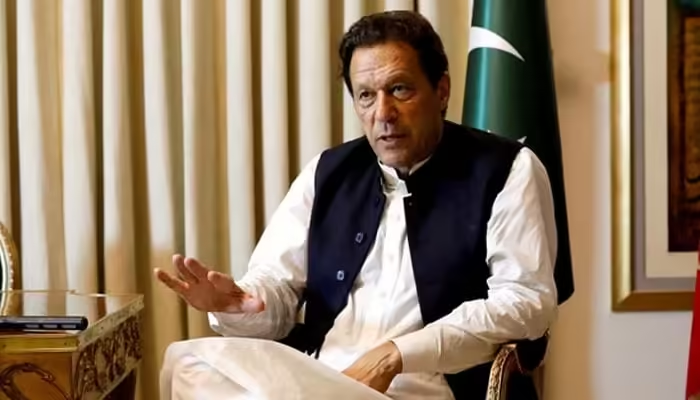Defense Minister Khawaja Asif recently addressed a press conference in Sialkot, where he expressed his respect for the judiciary but emphasized that the courts should also uphold their own dignity and not view politicians as weak entities. He touched on several pressing issues, including the application of Article 6 of the Constitution and the recent decision to ban Pakistan Tehreek-e-Insaf (PTI).
Upholding Article 6
Khawaja Asif stressed the importance of implementing Article 6, which pertains to high treason, against those who violate the Constitution. He emphasized that such actions are necessary to maintain constitutional integrity and accountability.
Contempt of Court and Judicial Responsibility
Reflecting on instances where politicians have faced contempt of court charges, Asif questioned whether the judiciary itself might be committing contempt by failing to resolve a backlog of 2.6 million cases. He asserted that while he respects the courts, they must also respect themselves and not undermine the political sphere. Politicians, according to Asif, should not be perceived as weak or insignificant.
Critique of Judicial Actions
Asif criticized the judiciary for not addressing the alleged irregularities in the 2018 election results, questioning why the judiciary did not intervene at that time. He accused the judicial system of protecting suspects involved in the May 9 incidents, suggesting a bias in favor of certain individuals.
Equality of Respect Among Institutions
The Defense Minister argued that the Constitution does not differentiate in terms of respect between institutions. He questioned why some institutions are perceived as having more respect than others, implying that the judiciary should not hold itself above other branches of government.
Terrorism and Provincial Responsibility
Asif highlighted the ongoing issue of terrorism, particularly in Khyber Pakhtunkhwa, where he noted that martyrdoms occur daily. He criticized the provincial government for its reluctance to participate in anti-terrorism operations, indicating a lack of commitment to national security efforts.
Negotiation with the Army Chief
In addressing the political crisis, Asif mentioned that Prime Minister Shahbaz Sharif had offered to negotiate with the army chief. This comment highlights the ongoing efforts to bridge the civil-military divide and find solutions to the country’s pressing issues.
Reaction to the PTI Ban
The Defense Minister’s remarks come in the wake of the government’s decision to ban PTI, a move that has sparked significant controversy. The Human Rights Commission of Pakistan has deemed the decision unconstitutional, urging its immediate withdrawal. Additionally, Minister Khurshid Shah stated that the government did not take the decision to ban PTI into confidence.
Khawaja Asif’s press conference underscored the complexities of Pakistan’s political landscape, where tensions between the judiciary and the political class continue to shape the national discourse. His call for mutual respect and accountability among institutions reflects a broader desire for a more balanced and fair governance system. The ongoing debates and decisions will likely continue to influence the political climate in Pakistan, especially as the country navigates through its current challenges.



